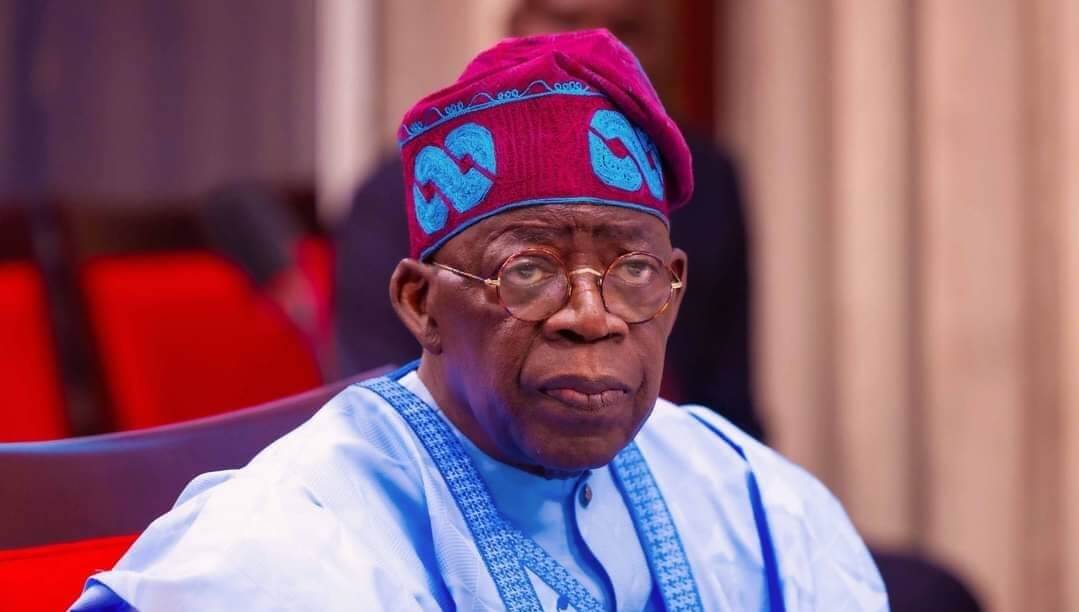A civil society organisation (CSO), Centre for Anti-Corruption and Open Leadership (CACOL), has cautioned the Bola Tinubu-led Federal Government on the country’s rising debt profile.
The Federal Government is in talks with the World Bank to secure a fresh $1.5bn loan.
Advertisement
Addressing journalists on Monday after the Federal Executive Council (FEC) meeting presided over by Tinubu at the Presidential Villa, the Minister of Finance and Coordinating Minister of the Economy, Wale Edun, said that the Federal Government has approved an application for $1.5 billion in financing from the World Bank.
He also disclosed that another $80 million loan from the African Development Bank was approved for the financing of the Ekiti Knowledge Zone Project (EKZ) in Ekiti State.
According to the Minister, EKZ aims to empower young individuals by facilitating their engagement in the knowledge economy and the technology sector, adding that the project will enable training, employment opportunities, and participation in the ever-growing technological landscape in the country.
“Nigeria has been able to make the kind of macroeconomic moves, has been able to take the tough decisions to restore balance in the economy in the government’s finances that has warranted support, that has agenda and has elicited even support from the multilateral development bank.
Advertisement
“And is on the basis of that, that the World Bank is willing to consider and to process on our behalf $1.5 billion of concessional financing, relatively cheap financing and financing that will be dispersed relatively quickly,” Edun had said.
But reacting to this development in a statement on Tuesday, CACOL Chairman, Debo Adeniran, decried the country’s rising debt profile, and called on Tinubu and his cabinet members to find solutions to various problems facing the country.
Adeniran said, “The decision of the federal government to continue borrowing amidst the rising debt burden already imposed on the country by the past administrations and the seemingly unsustainable nature of the loans has made us to break the silence of the day on this serious issue. We want to emphatically say that we expect this administration to dare to be different from past administrations; we expect the president and his cabinet members to think out of the box in finding solutions to the myriads of problems confronting the nation.
“If a country that can afford Sports Utility Vehicles (SUVs), allegedly worth N130 million to its lawmakers but still go cap in hand begging Bretton Woods organisations for funds needed to finance its budget, then something is wrong somewhere. If the government must borrow at all, it should not be for servicing recurrent expenditures, but must be targeted on capital projects that would later generate income or grow our gross domestic product (GDP) sporadically.
“We hope the President and his advisers know the implications of these incessant borrowings on our economy, the value of the naira, the enormity of the debt service burden, the current size of our debt, and our very limited capacity to service both domestic and external debts. Those given us loans also have their stringent conditions attached to it which must be met by the government and most often, some of these conditions are not made public, hence imposing the burden on even unborn generations.”
Advertisement
He urged Tinubu and members of his cabinet to reduce the cost of governance, adding that aside addressing the challenges hampering growth in the oil and gas industry, other revenue sources should be explored by the government.
“We would like to call on the President and his cabinet members to try as much as possible to cut down on our excessive borrowings as a country, they must also strive to reduce the cost of governance and the amount of forex that we send out to other nations through the imports of petroleum products, brand new cars or SUVs, etc. The challenges being faced in the oil and gas sector which had impacted negatively on the country’s earnings should be permanently tackled so that government revenue from that sector can be fully maximized.
“Other sources of revenue should also be explored like the blue economy, bringing more rich people into the tax net, exploration and exportation of more mineral resources which nature has richly blessed us with, empowering more people to practice mechanized farming which has the potential of not only ensuring food security within the country but also earning foreign currencies through exportation, etc. The administration should be reminded that relying solely on borrowing to finance our budget especially recurrent expenditures is a recipe for impending disaster,” the CACOL boss said.
Nigeria’s public debt – federal and state governments – increased by N3.60 trillion in the first quarter of 2023 from the sum of N46.25 trillion recorded at the end of December 2022, according to the Debt Management Office (DMO). This does not include the N22.7 trillion loans that the Central Bank of Nigeria (CBN) advanced to the Federal Government under its Ways and Means policy.



